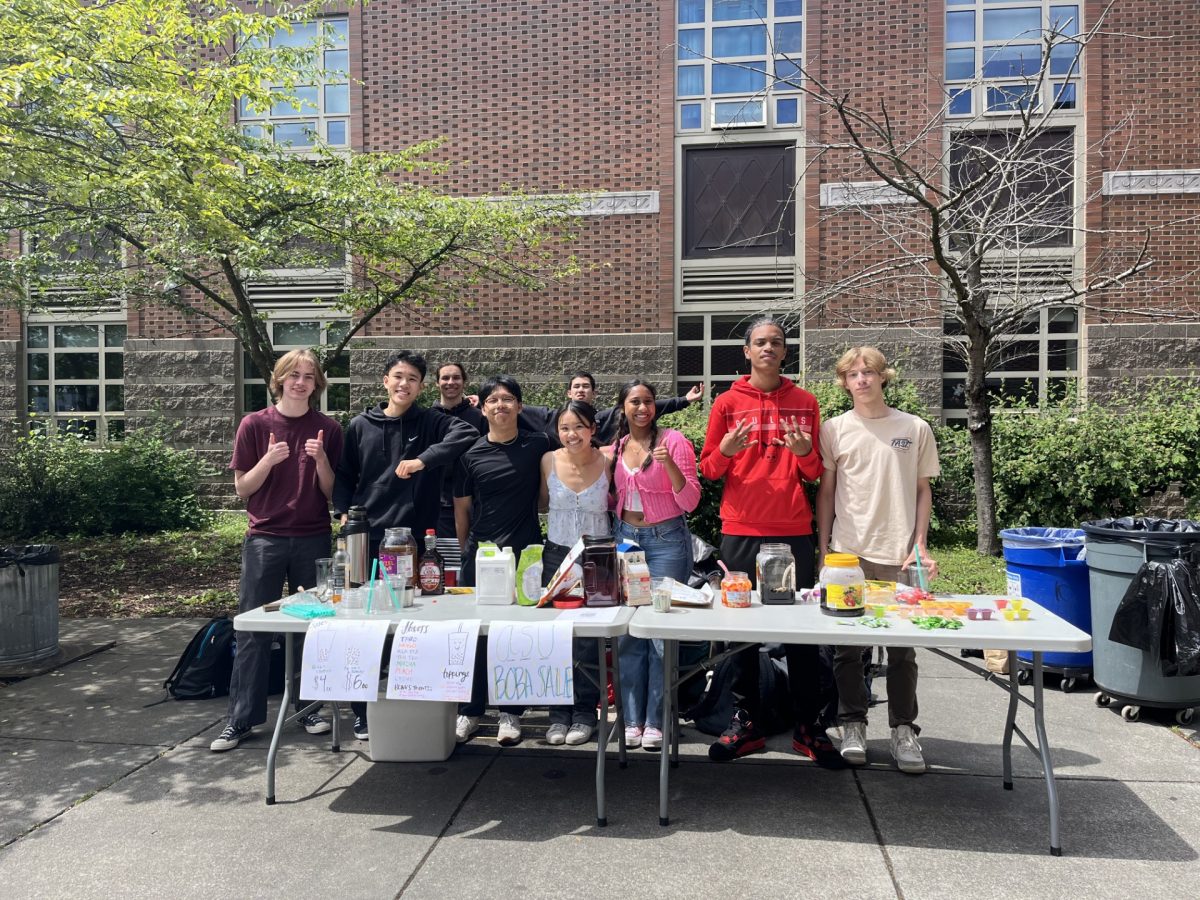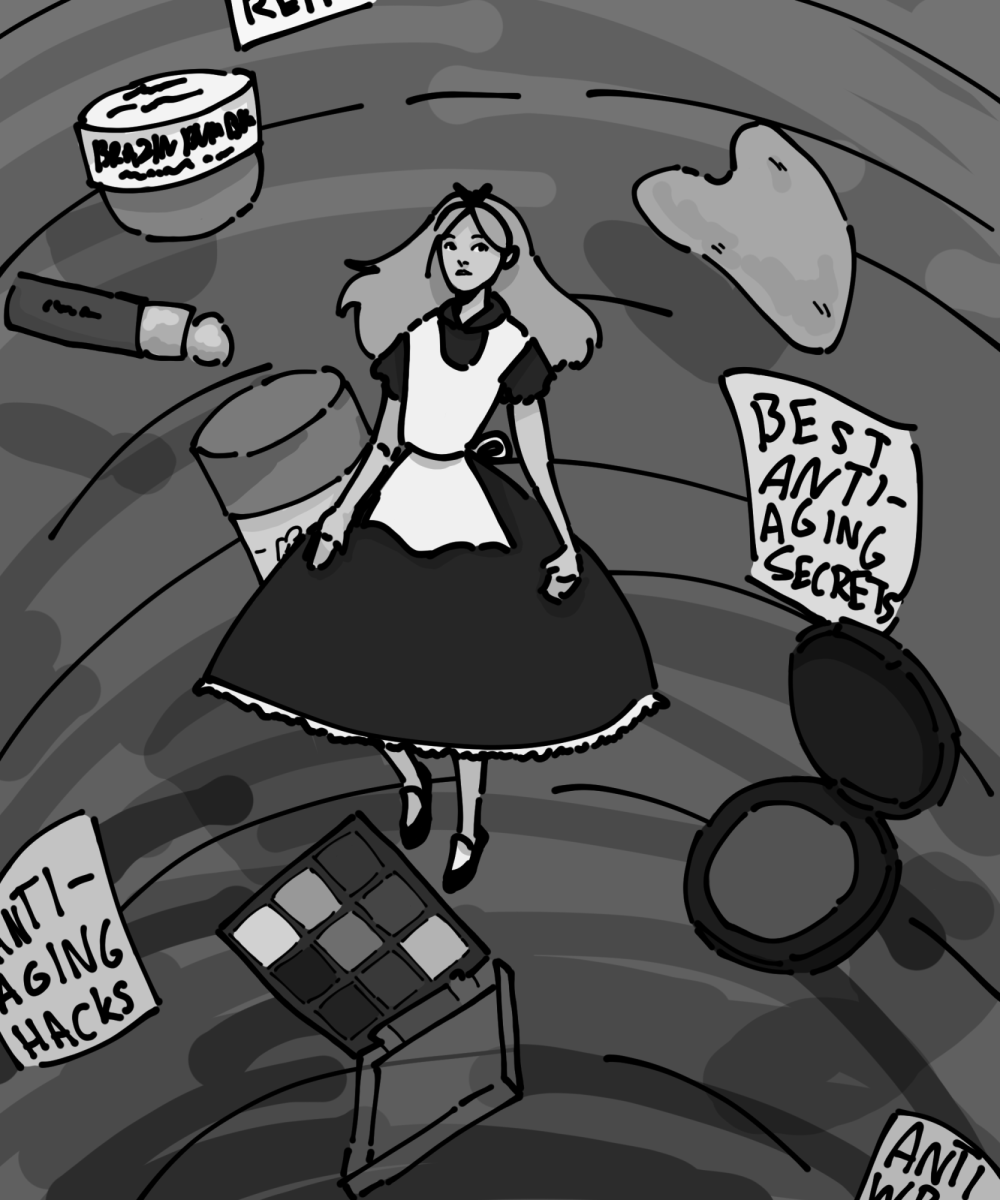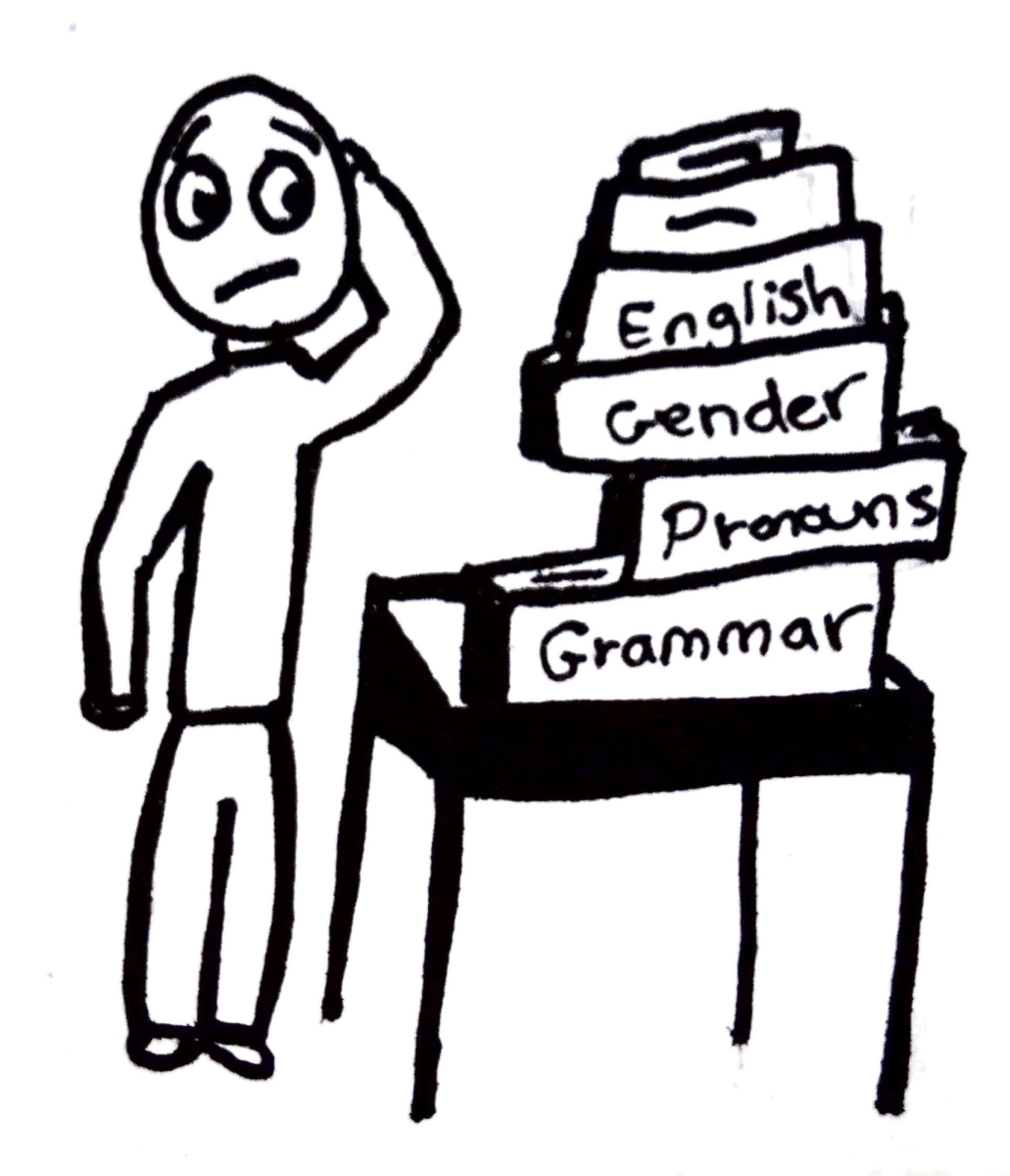The taboo around the drug prevents many teenagers from having a full understanding of its risks
Oscar Zahner, Political Correspondent
Originally published June 8, 2018
Bear with me on this one.
It’s not much of a secret that many students at Ballard, especially seniors, are at least somewhat familiar with marijuana. When other alternatives include alcohol and nicotine, marijuana can tend to be seen by teenagers as the “healthy drug.”
With the Addiction Center listing nicotine addiction as the most common addiction in the country and stating that more than two thirds of Americans who try cigarettes or chewing tobacco report dependency at some point in their lives, the drawbacks of nicotine use are well known. And while vaping nicotine, currently a popular way to use the drug among teenagers, is newer and has less research regarding its long-term health effects (like potential linkage to cancer), the addictivity of the substance is unchanged. This means that teenage users of nicotine vapes or Juuls understand that at the very least they risk clinical addiction.
Alcohol, too, is a toxic and a habit-forming drug, and its effects on mental health have been impressed on teenagers throughout their upbringing. Even if teenagers who abuse alcohol liberally fail to understand the scope of its damage to the brain, almost every teenager understands that, to some extent, alcohol is bad for you.
But teenage users of marijuana can fall into the trap that is mistaking a lack of overwhelming research for a scientific consensus that marijuana is consequence-free. Because marijuana’s illegality has left the drug notoriously under-researched, its long-term effects are less universally understood as the long-term effects of alcohol and nicotine abuse.
In this void of scientific consensus, it’s easy for the teenage mind to justify marijuana usage as scientifically safer than other common drugs. And while this may be true to some degree, the glorification of marijuana among health-conscious teenagers is certainly an exaggeration of the truth that could have very negative consequences on the mental health of the youth.
What research does exist on the long term effects of marijuana does not actually reflect particularly well on the drug. One of the most thorough studies of the long term effects of marijuana on brain structure, from the National Center for Biotechnology Information, found that there was a “strong correlation” between chronic marijuana use and a reduction of gray matter in the brain.
Another, more behavioral study from a separate group of scientists at NCBI collected data that showed that “repeated marijuana use during adolescence may result in long-lasting changes in brain function that can jeopardize educational, professional, and social achievements.”
Because marijuana use is such a taboo between teenagers and adults, many teenagers do not have serious or honest discussions with their parents or other adult role models about marijuana, and are instead left to develop their conclusions about the drug from their peers. And teen culture tends to exalt marijuana as a drug that’s consequence free and even a positive good for brain development.
Teenagers should be made aware that this is not the case. While studies on marijuana are limited, the scientific consensus does not view marijuana as “healthy” and habitual and chronic use of the drug has provable negative impact on brain structure.
Teenagers who use marijuana should not treat it as if its use is inconsequential. That idea is untrue and could be harmful to brain development if it causes a teenager to justify chronic marijuana use. Teenagers need to understand that there are risks associated with marijuana abuse, even if it may be less toxic than alcohol and less addictive than nicotine.
For adults, this means trying to approach discussions about marijuana from a place of understanding. Teenagers are more likely to be responsive to this information if they hear it in a context where they feel like their previous opinions on the drug are understood and respected, even if they are refuted.
For teenagers who still elect to use cannabis, this means understanding the long term effects of chronic use and exercising the appropriate amount of moderation in response. Breaks from marijuana use should be more encouraged, sobriety more valued, by teenagers that have a nagging conscience about the health of their brain in and after high school.
![West Seattle High School’s (WSHS) Chinese program is closing down and teachers in the program are informed to transfer to a different high school. At WSHS, 475 both former and current students have signed a petition to help teacher Ying Yu continue her Chinese program. She shares that initially, the program offered only four classes with 90 students but with her initiatives, the program grew to be full-time with 154 students and 137 students on the waiting list. (Seattle Public Schools Board Meeting YouTube Channel: Seattle Schools Board Meeting May 8, 2024, [58:25])](https://ballardtalisman.org/wp-content/uploads/2024/06/Screenshot-2024-06-14-134038.png)


![“Link Crew is meant to be a way for [upperclassmen] to help ninth graders with the transition to high school,” Laura Lehni, language arts teacher, ASB advisor and Link coordinator, said](https://ballardtalisman.org/wp-content/uploads/2024/05/IMG_4601-1200x800.jpg)










![Henry Willy [pictured left] taking the field with his teammates in a 10-11 loss vs. Saas.](https://ballardtalisman.org/wp-content/uploads/2024/05/IMG_2431.jpg)






